Born as a refugee, she always felt her identity to be denied, the struggle of her people to be overlooked, and the desire for a free homeland to be rejected. In a world like this, she found peace in art, to express herself through colorful brushstrokes. This is the story of Saadat Barzani, a well-respected artist in the Kurdistan Region.
Following the 1975 Algiers Accord between Iran and Iraq, which led to massive displacement of Iraqi Kurds, Barzani’s family—whose men served as peshmerga fighters in Kurdish revolutions—fled to Iran and settled in Arak County in Markazi Province. A few years after living in exile, Saadat was born in 1981. Life as a refugee is never easy, but Barzani turned it into an opportunity to explore the culture of the host country and venture into a larger world
“Living away from my homeland made me feel like an outsider, but it also cultivated my love for my homeland,” Barzani told Kurdistan Chronicle during an interview.
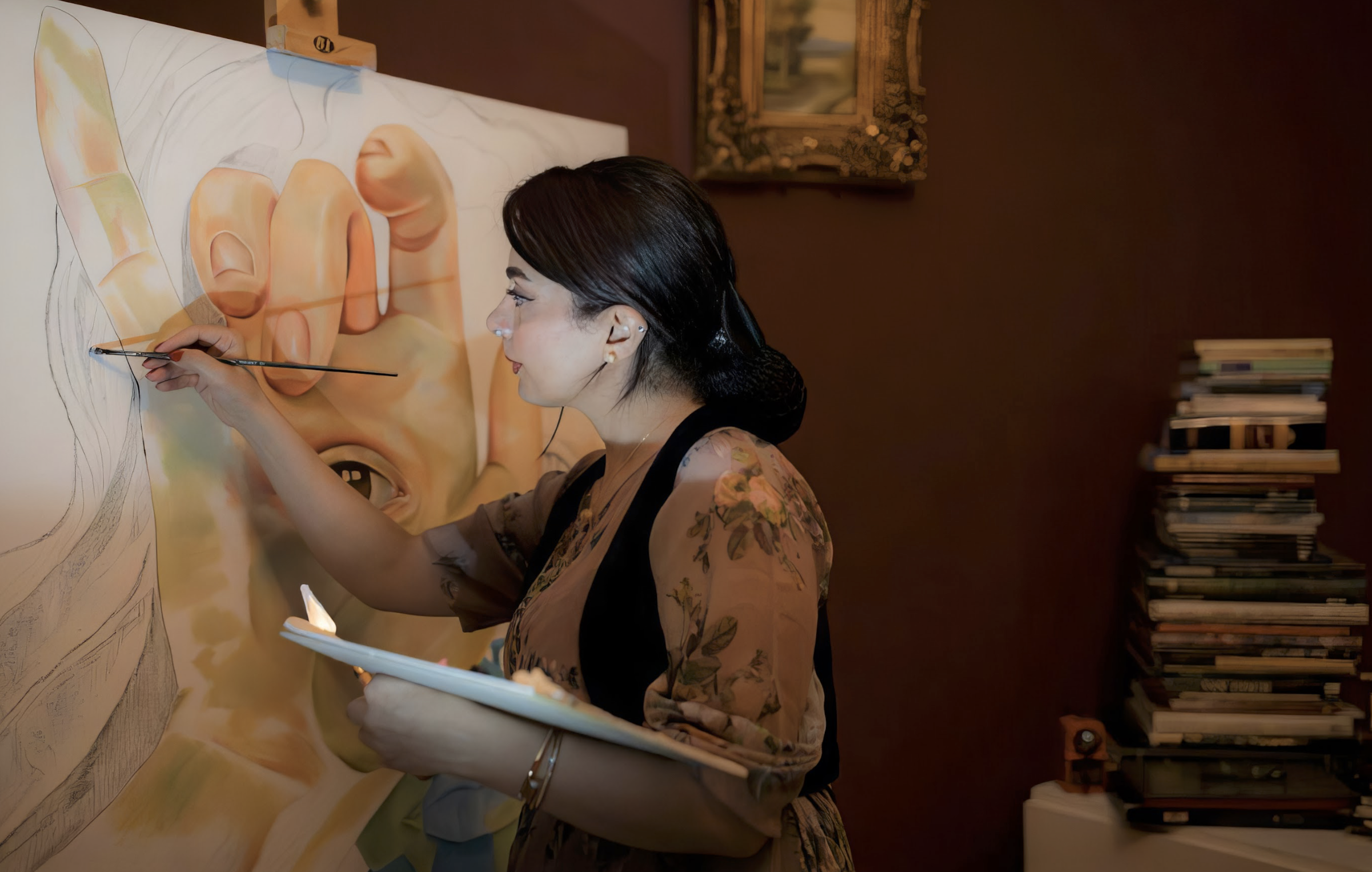
Grafting inspirations into meaning
Barzani spent years practicing her art under the supervision of well-known painters. However, creating a colorful painting to decorate a wall was not her ultimate goal. Alongside her pursuit of art, she dedicated years to studying the philosophy of art, history, and culture; perhaps this is why all her artworks evidently carry a message or tell a story.
From the very beginning, engaging in a discussion with Barzani felt different than other encounters I have had as a journalist. When she spoke about a blank canvas and the oil paints on her pallet, she described them as a lover and the beloved. Curious, I asked her how she conceived of her role as the artist between these two humanized objects. She smiled. “I’m only grafting them together,” she replied.
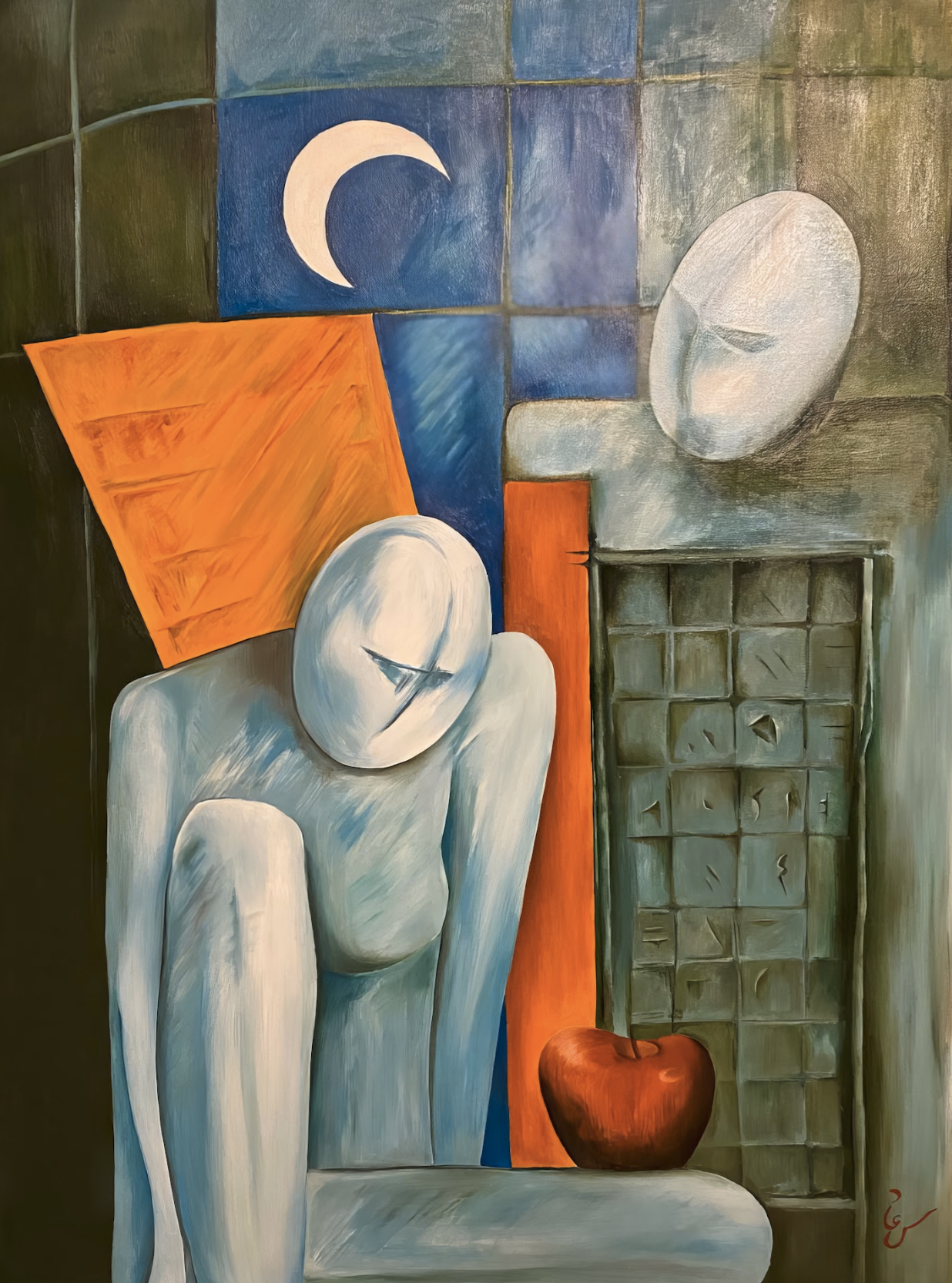
Looking at the paintings in her cozy workshop, it became apparent that Barzani has picked a specific tone of colors for her paintings. When asked about this, she revealed that traditional Kurdish carpets are the source of her inspiration. Additionally, she draws inspiration from the vivid colors used in Iranian architecture from the Safavid, Zand, and Qajar periods.
When asked about her style, Barzani explained that she had started with classical realism – an artistic movement of the late 20th and early 21st centuries – but over time, she has ventured into other schools of painting, including symbolism and surrealism. She believes that symbolism allows her to infuse her Kurdish culture and history onto the canvas, enriching the narrative of her artwork. Meanwhile, surrealism, she says, enables her to expand her imagination and transcend the limitations of realism.
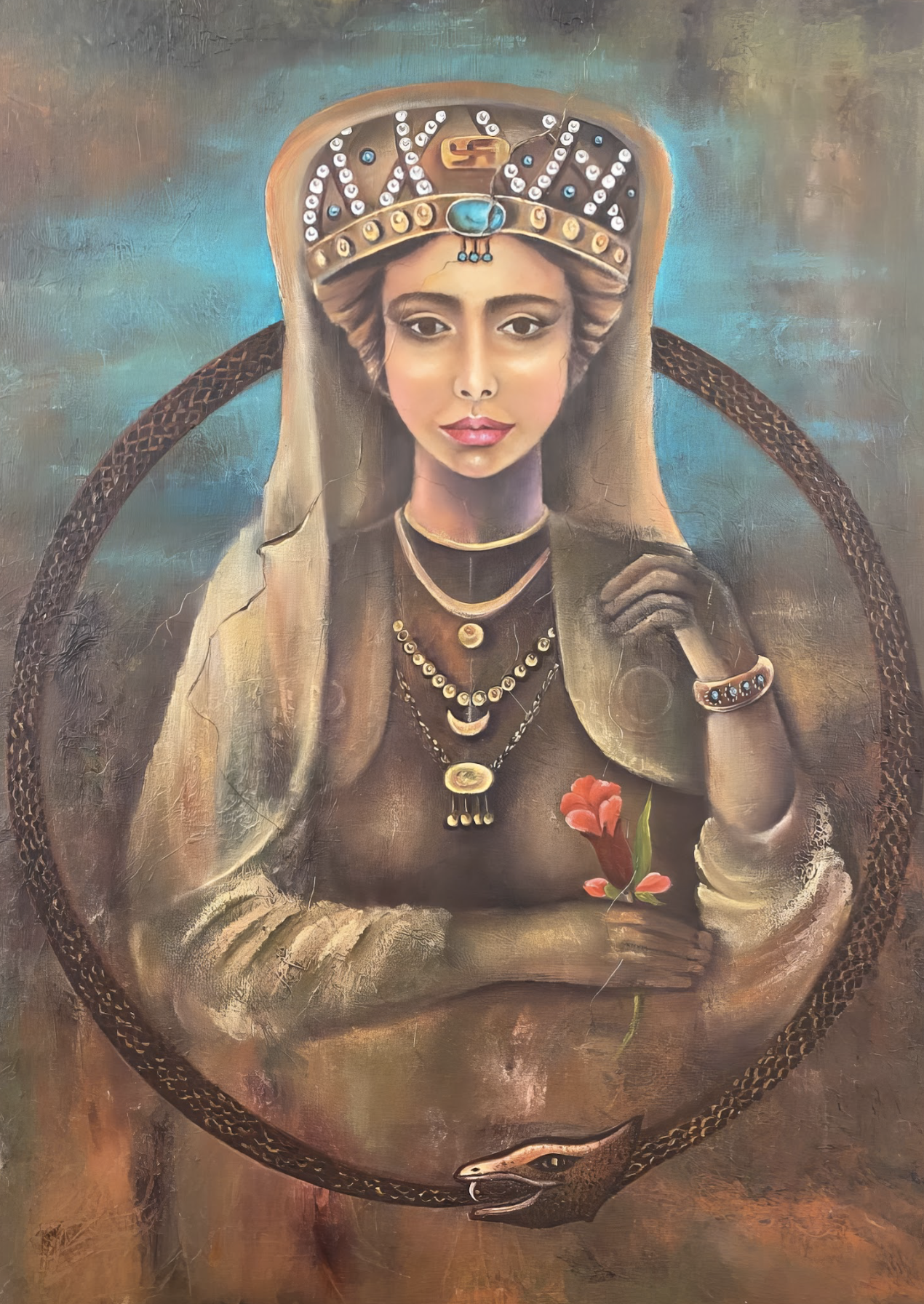
Artists bear responsibility
Barzani believes that her responsibility as an artist extends beyond creating quality artwork. She acknowledges that an artist is not only required to be a responsible member of society, but also inspire her audience to grow.
“I must first work on myself to grow intellectually. I need to be well educated in order to be able to raise the awareness of the people around me. An artist should behave in a way that makes them an example for people to look up to. However, that does not mean limiting oneself to conventional patterns. Artists should break the bubbles around their societies and lead their audiences to see and experience bigger and better worlds,” Barzani argued.
When meeting with female artists, businesswomen, politicians, and athletes, I always ask the same question: How would you work to inspire other women in Kurdistan? When I asked Barzani, however, her answer was not what I was expecting.
She explained that her aim is to inspire people regardless of their gender. Although she agreed that promoting women in a male-dominated society is important, she stressed that she cannot specifically decide to paint or tell the story of a woman only “because this inherently limits the artist,” she said.
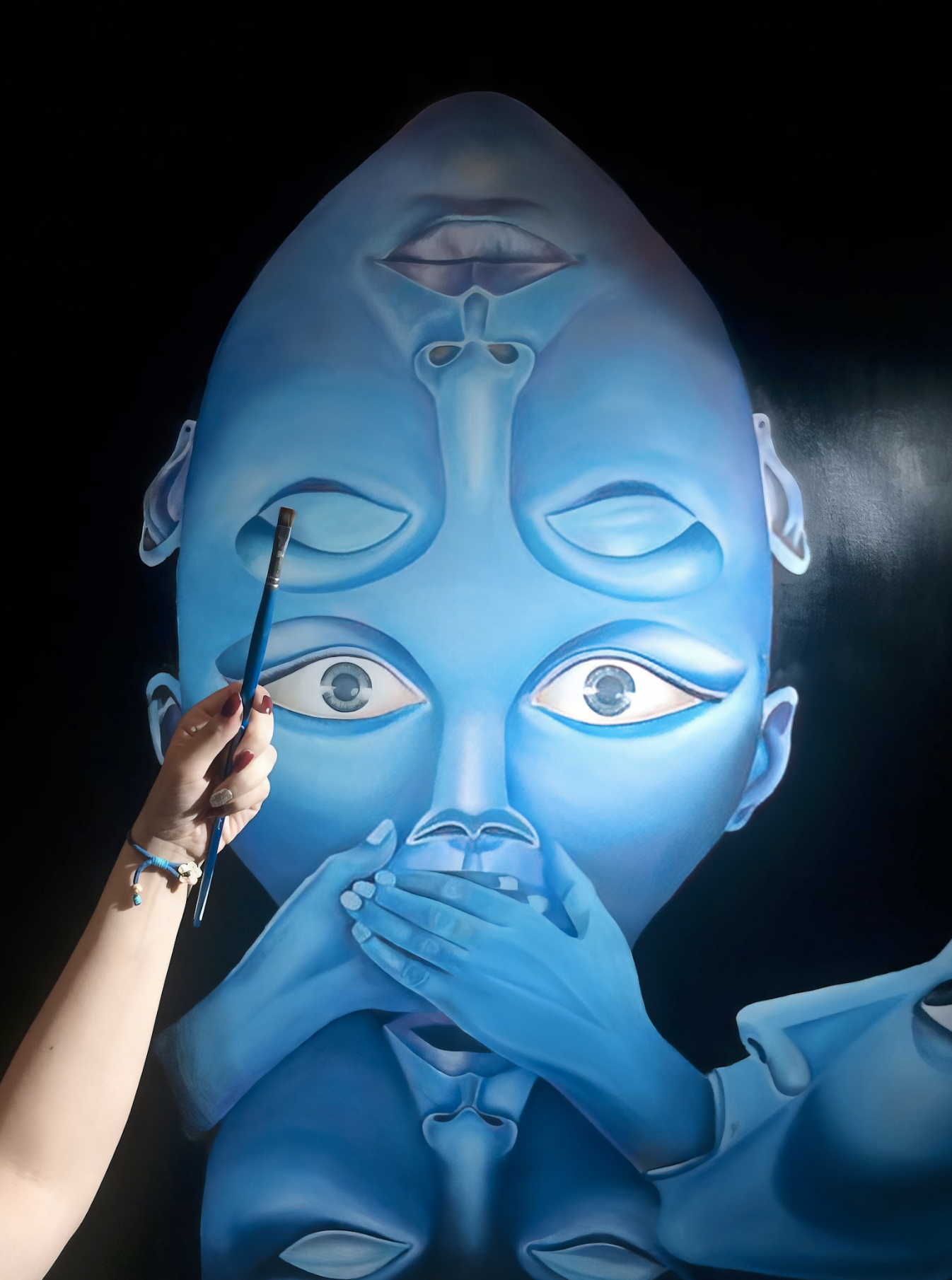
“For instance, I painted the female Kurdish poet and historian Mastoureh Ardalan because she was a brave woman in a traditional environment who fought to promote her people’s culture. But this characterization is also true for men like Kurdish freedom fighter Ihsan Nouri Pasha,” she explained.
This discussion led me to a very sensitive and somewhat controversial question. When I asked whether she sees herself as a feminist, Barzani not only bravely voiced her opinion, but also confidently asserted her stance.
“I don’t see myself as a feminist. I actually don’t understand the philosophy behind it, as it is getting more and more complicated and confusing these days. I am in favor of women being treated equally and allowed to thrive. But sometimes I’m afraid that some feminist groups go to extremes. I am fighting for human rights, not a specific gender. Neither men nor women should reject the rights of the other because they have no right to do so.”
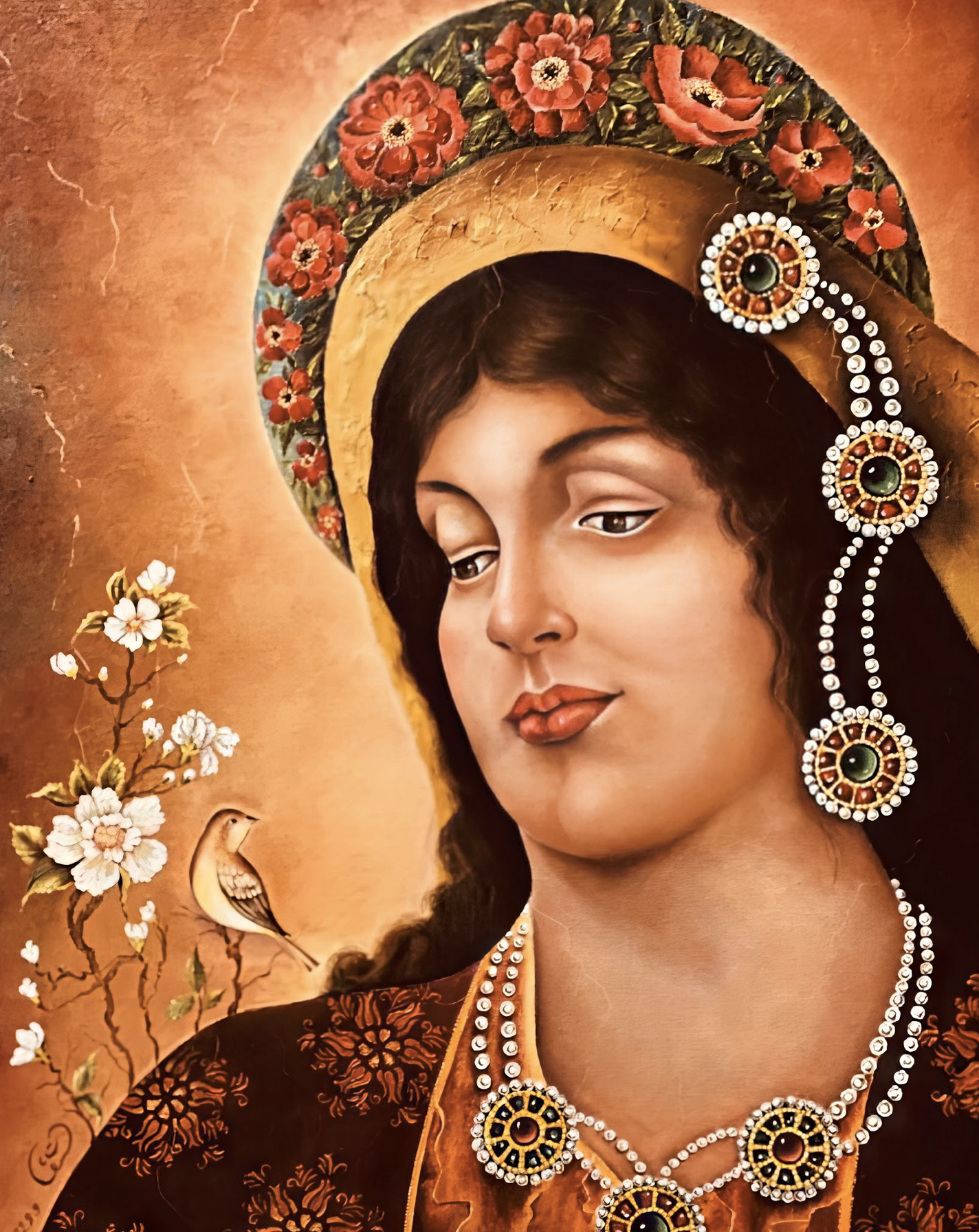
Peace and art
As I concluded the interview, I asked Barzani about her wishes for the future. She expressed her hope to see her art have a positive impact on the people around her.
“I would like to narrate the history of my people through my brushstrokes. I hope that future generations will learn about their past through artistic work. Furthermore, I aspire to one day present these colorful stories on an international stage.”
In closing, Barzani shed light on the shared suffering of societies around the world. She wished that artists would utilize their power to promote “peaceful policies” around the world.
She noted that undertaking such a task – standing up against weapons with a paintbrush – remains immensely difficult. However, she believes that unity among artists would help make this more possible by bringing different peoples together, regardless of their ethnicity, nationality, and beliefs.
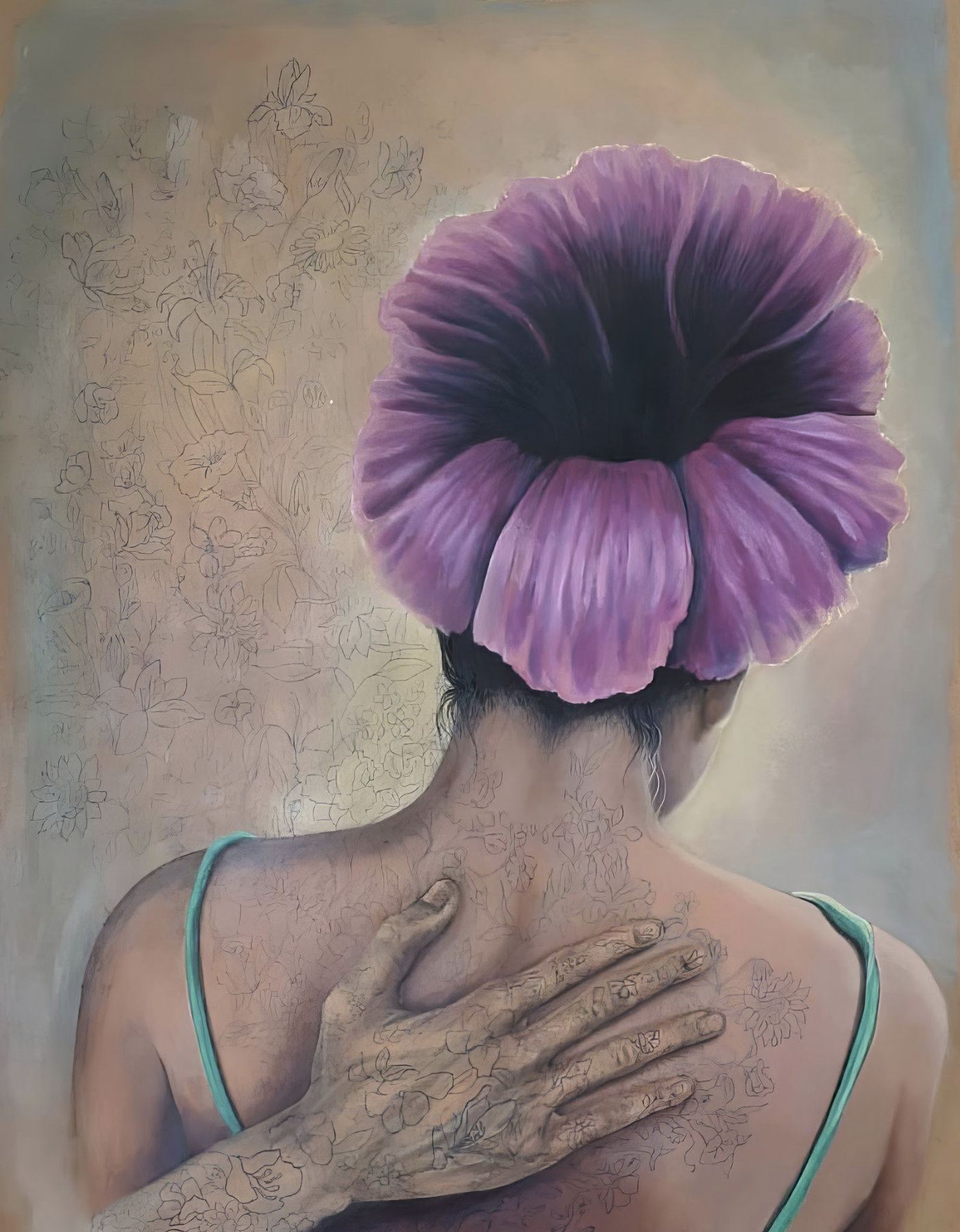
Sardar Sattar is a translator and journalist based in the Kurdistan Region. He has an MA in English Studies from the University of Lodz, Poland. He has translated several books and political literature into Kurdish and English. He writes regularly for local and international newspapers and journals.

